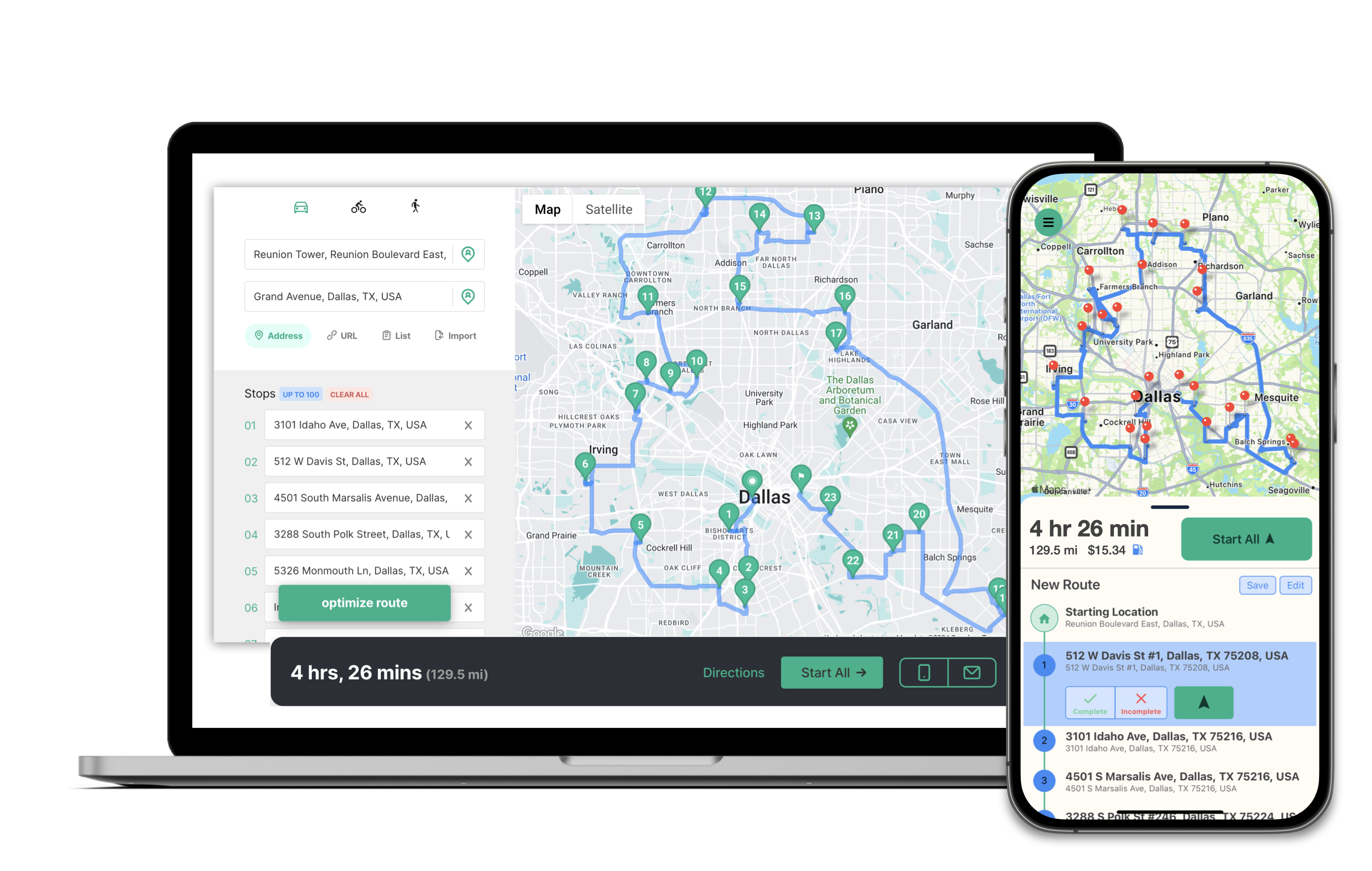Global navigation, an essential cog in the wheel of modern civilization, remains a complex and challenging domain. Despite technological leaps, various factors - from geographical extremes to geopolitical nuances - continue to test the limits of human ingenuity in traversing our planet. This blog aims to shed light on these challenges and the innovative solutions being crafted to overcome them.
Geographical Barriers and Remote Areas
Navigating the Earth's diverse landscapes - its towering mountains, expansive deserts, vast oceans, and icy polar regions - presents the first set of challenges. These terrains are not just physically daunting but also come with unique logistical hurdles. The advent of advanced GPS systems and satellite imagery has revolutionized the way we map and traverse these areas. Additionally, the rise of unmanned vehicles and drones offers new possibilities in accessing and understanding these remote regions.
Political Boundaries and Restricted Areas
The globe is not just a physical entity but a mosaic of nations, each with its own boundaries and regulations. Navigating through this geopolitical maze, particularly in areas with restricted airspace or sensitive borders, requires a careful balance. International agreements and diplomatic channels play a crucial role, as do digital tools that help pilots and captains respect these boundaries while maintaining efficient routes.
Weather and Environmental Factors
Weather remains an unpredictable player in global navigation. Severe weather conditions like storms, high winds, and ice can derail even the most meticulously planned journeys. Modern meteorological technologies have made significant strides in forecasting, enabling navigators to plan routes that mitigate these risks. Real-time weather tracking systems onboard ships and aircraft provide up-to-the-minute updates crucial for safe navigation.
Cultural and Linguistic Differences
In a global context, navigators often confront varying cultural and linguistic barriers. This diversity, while enriching, can pose communication challenges. Embracing multilingual systems, investing in cultural training, and fostering international cooperation are key to smoothing these differences, enabling more effective and harmonious navigation across different regions.
Conservation and Environmental Protection
The impact of navigation on the environment is an increasingly important consideration. Routes that traverse sensitive ecosystems, such as coral reefs or the Arctic, must be planned with conservation in mind. This challenge has spurred the development of eco-friendly navigation practices and technologies, ensuring that our exploration and transport activities do not come at the cost of the environment.
The Future of Global Navigation
Looking ahead, global navigation is set to undergo further transformation with emerging technologies. Autonomous ships, AI in air traffic control, and the potential advent of quantum navigation systems are on the horizon. As these technologies develop, they bring with them a host of ethical and regulatory considerations that the global community must address.
Conclusion
The realm of global navigation is a testament to the extraordinary capabilities and resilience of human endeavor. It's a field that constantly evolves, adapting to the changing landscapes of technology, politics, and nature. By harmoniously blending the old with the new - traditional skills with cutting-edge technology - we continue to chart our path across this vast, beautiful planet with efficiency, safety, and responsibility.
.png?alt=media&token=8ed3d4af-4895-4078-9fd4-5a1b2bc82b39)
